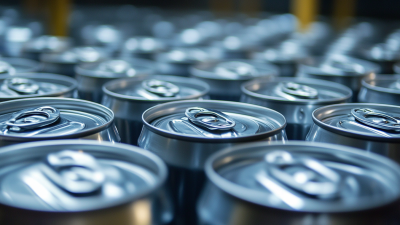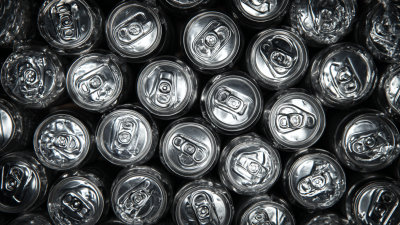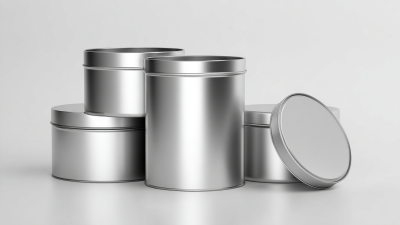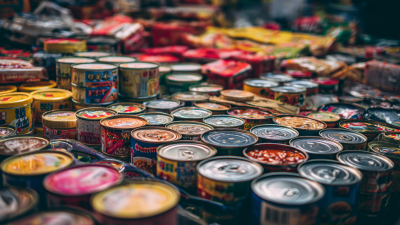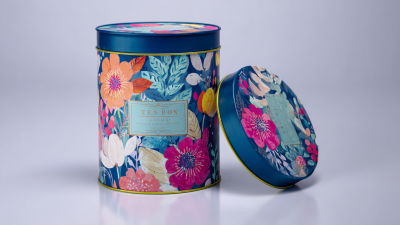 +8618680445103
+8618680445103
Free Standard Samples can be provided for you to check the quality.
Leave Your Message
In recent years, the packaging industry has witnessed a significant transformation, driven by the increasing demand for sustainable solutions. Among various packaging materials, metal cans have emerged as a frontrunner due to their eco-friendly attributes and versatility.
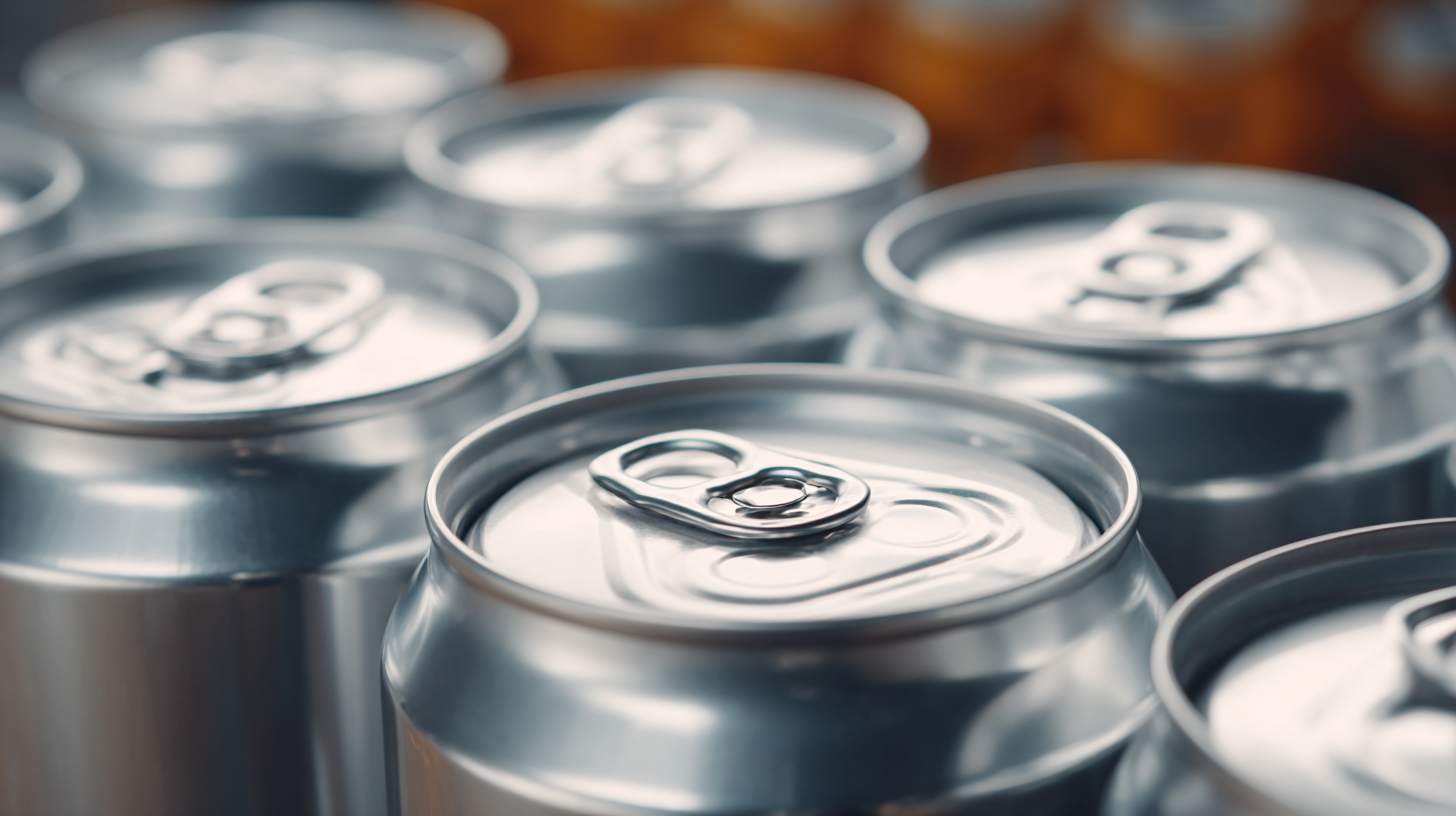 These containers not only provide excellent preservation for a wide array of products, from beverages to food items, but they also boast a higher recycling rate compared to other materials. As consumers become more environmentally conscious, the appeal of metal cans is further heightened by their ability to reduce waste and minimize carbon footprints.
These containers not only provide excellent preservation for a wide array of products, from beverages to food items, but they also boast a higher recycling rate compared to other materials. As consumers become more environmentally conscious, the appeal of metal cans is further heightened by their ability to reduce waste and minimize carbon footprints.
This trend reflects a broader societal shift towards sustainability, encouraging brands to adopt more responsible packaging practices. By exploring the rise of eco-friendly metal cans in modern packaging, we can unlock insights into how this innovation is shaping the industry and driving a more sustainable future.
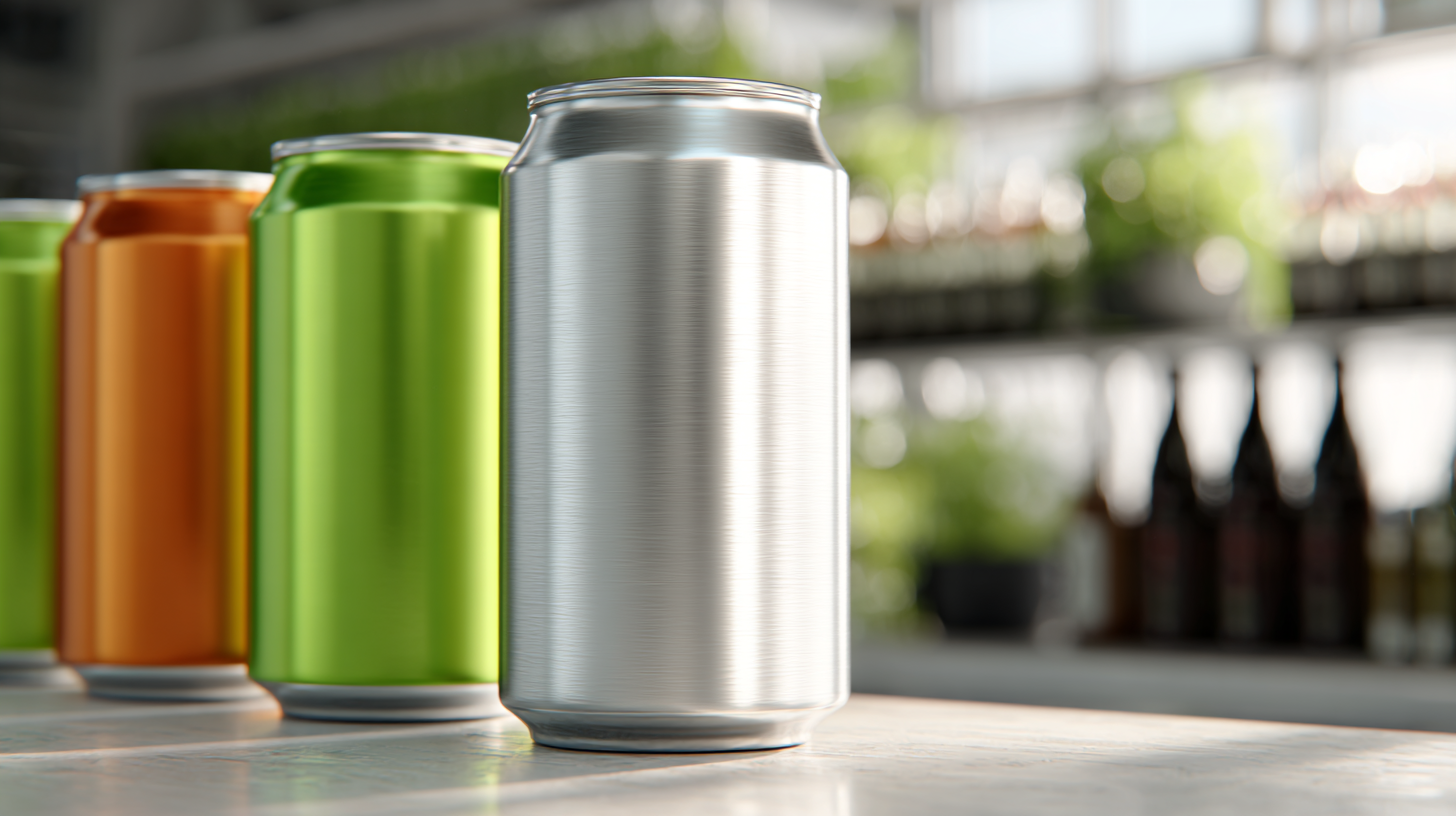 Eco-friendly metal cans are emerging as a pivotal solution in modern packaging, showcasing substantial benefits in sustainability. Unlike traditional materials, metal cans can be made from recycled aluminum or steel, significantly reducing the carbon footprint associated with production. The recycling process for metals is highly efficient, allowing these materials to be repurposed multiple times without degrading their quality. This closed-loop recycling system not only conserves natural resources but also minimizes waste, thereby contributing to a more sustainable planet.
Eco-friendly metal cans are emerging as a pivotal solution in modern packaging, showcasing substantial benefits in sustainability. Unlike traditional materials, metal cans can be made from recycled aluminum or steel, significantly reducing the carbon footprint associated with production. The recycling process for metals is highly efficient, allowing these materials to be repurposed multiple times without degrading their quality. This closed-loop recycling system not only conserves natural resources but also minimizes waste, thereby contributing to a more sustainable planet.
In addition to their recyclability, eco-friendly metal cans offer excellent properties for product preservation. They provide an airtight seal that protects contents from light and oxygen, enhancing shelf life without the need for preservatives. This aspect is particularly beneficial in the food and beverage industry, where maintaining freshness is crucial. Moreover, the durability of metal cans reduces the likelihood of breakage during transportation, leading to fewer product losses and a lower environmental impact. As consumers increasingly seek sustainable packaging options, the rise of eco-friendly metal cans represents a significant step toward a greener future.
The shift toward eco-conscious packaging is increasingly evident in various industries, notably within the realm of metal cans. As manufacturers prioritize sustainability, innovative designs are emerging that not only enhance functionality but also resonate with environmentally aware consumers.
 These eco-friendly metal cans are characterized by their recyclability and reduced carbon footprint compared to traditional packaging options. Their design integrates modern aesthetics while ensuring durability, making them a practical choice for a wide range of products.
These eco-friendly metal cans are characterized by their recyclability and reduced carbon footprint compared to traditional packaging options. Their design integrates modern aesthetics while ensuring durability, making them a practical choice for a wide range of products.
Additionally, the rise of alternative packaging materials such as mycelium and pulp-based disposable tableware further reflects this trend. These options are becoming attractive for brands looking to reduce environmental impact without sacrificing quality. With growing consumer demand for sustainable practices, manufacturers are leveraging innovative packaging solutions that align with eco-conscious values, paving the way for a more sustainable future in packaging. This evolution reflects a broader commitment to not only meet consumer preferences but also address pressing environmental challenges.
The lifecycle of metal cans, from production to recycling, presents a compelling case for their role in sustainable packaging solutions. The journey begins with the extraction of raw materials such as bauxite for aluminum cans, where advancements in mining and processing technologies have streamlined operations. Manufacturers are increasingly adopting energy-efficient practices that minimize carbon footprints during production. The lightweight nature of metal cans also contributes to reduced transportation emissions, making them a more eco-friendly option compared to heavier packaging materials.
Once the product reaches the consumer, metal cans continue to demonstrate their sustainability credentials through their ease of recycling. Unlike many plastic alternatives, aluminum and steel cans can be recycled indefinitely without degrading quality. Recycling facilities are equipped to process these materials efficiently, recovering about 75% of metal cans put on the market. Furthermore, the closed-loop recycling system employed by the industry allows for the production of new cans using significantly less energy than that required for new materials. This commitment to a circular economy not only conserves resources but also reduces landfill waste, establishing metal cans as a leader in eco-conscious packaging solutions.
This chart illustrates the lifecycle assessment metrics of metal cans, including production, usage, and recycling phases, emphasizing their sustainable benefits in modern packaging solutions.
In recent years, the emphasis on sustainability has led to a significant shift in the packaging industry, particularly with the growing popularity of eco-friendly metal cans. Implementing eco-friendly practices within the packaging supply chain is not just a trend but a necessity to meet consumer demand for sustainable products. According to industry reports, the global cocoa peat market is projected to reach $3.38 billion in value by 2024, with an anticipated increase to $4.7 billion by 2032, reflecting a compound annual growth rate (CAGR) of 2.7%. This increasing market underscores the rising consumer preference for environmentally friendly materials.
Moreover, the organic cotton market also illustrates this trend, with its applications in packaging and the medical field gaining traction. The health benefits of organic cotton, such as temperate UV protection and antimicrobial properties, are significant, especially as businesses look for packaging solutions that align with sustainable practices. The adoption of eco-friendly materials is further highlighted by the booming canned seafood market, which is expected to grow from $810 million in 2023 to $1.25 billion by 2032. This growth within various segments of the market exemplifies the importance of integrating sustainability into packaging supply chains for long-term success and market viability.
In the rapidly evolving landscape of packaging, eco-friendly metal cans have emerged as a sustainable solution that appeals to both consumers and businesses. To effectively promote these products, marketing strategies should emphasize their environmental benefits, durability, and recyclability. By highlighting the life cycle of metal cans—from raw material sourcing to end-of-life recycling—marketers can showcase their low carbon footprint and reusability, fostering a connection with environmentally conscious consumers.
Engaging storytelling is another powerful strategy for promoting eco-friendly metal cans. Brands can share compelling narratives about their commitment to sustainability, detailing how the adoption of metal cans contributes to pollution reduction and conservation efforts. Social media campaigns featuring user-generated content, such as customers sharing their experiences with these products, can enhance authenticity and build a community around shared values. By focusing on collaboration with eco-conscious influencers and leveraging partnerships with environmental organizations, brands can further amplify their message and reach a wider audience, solidifying their position in the eco-friendly packaging market.

